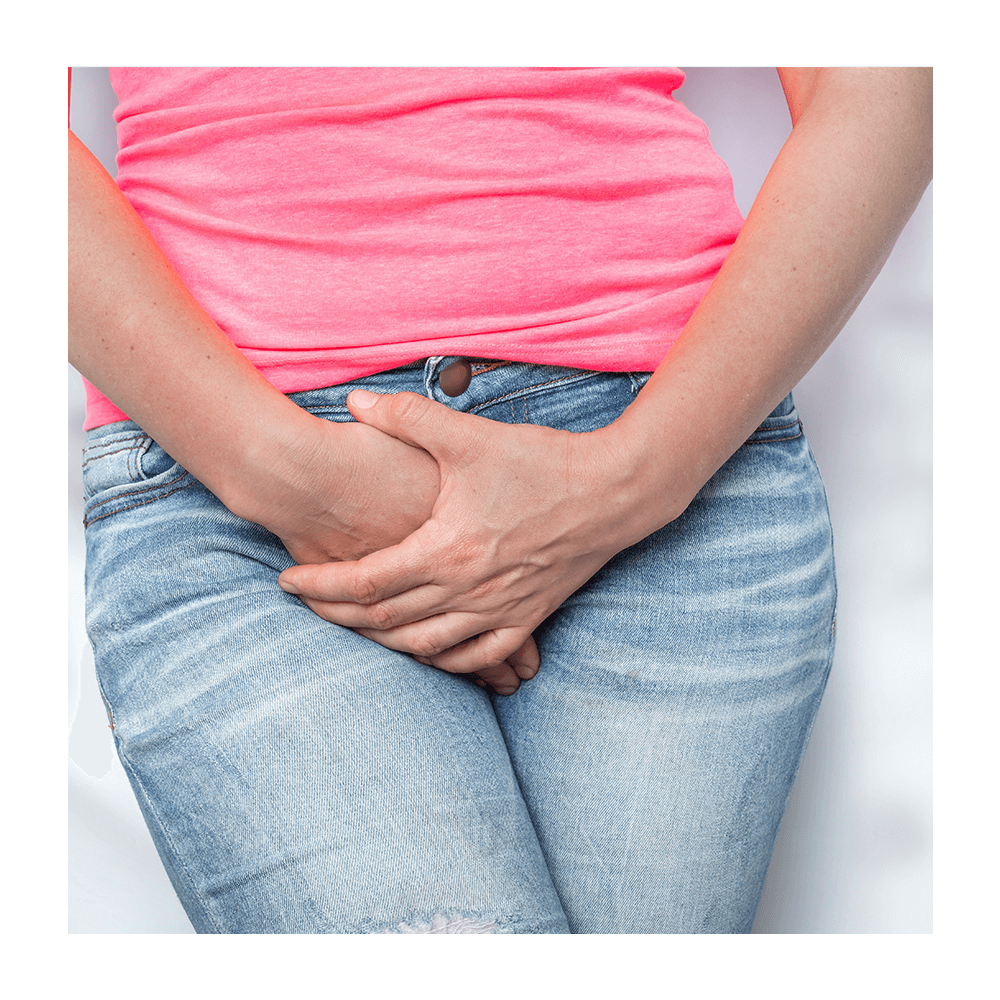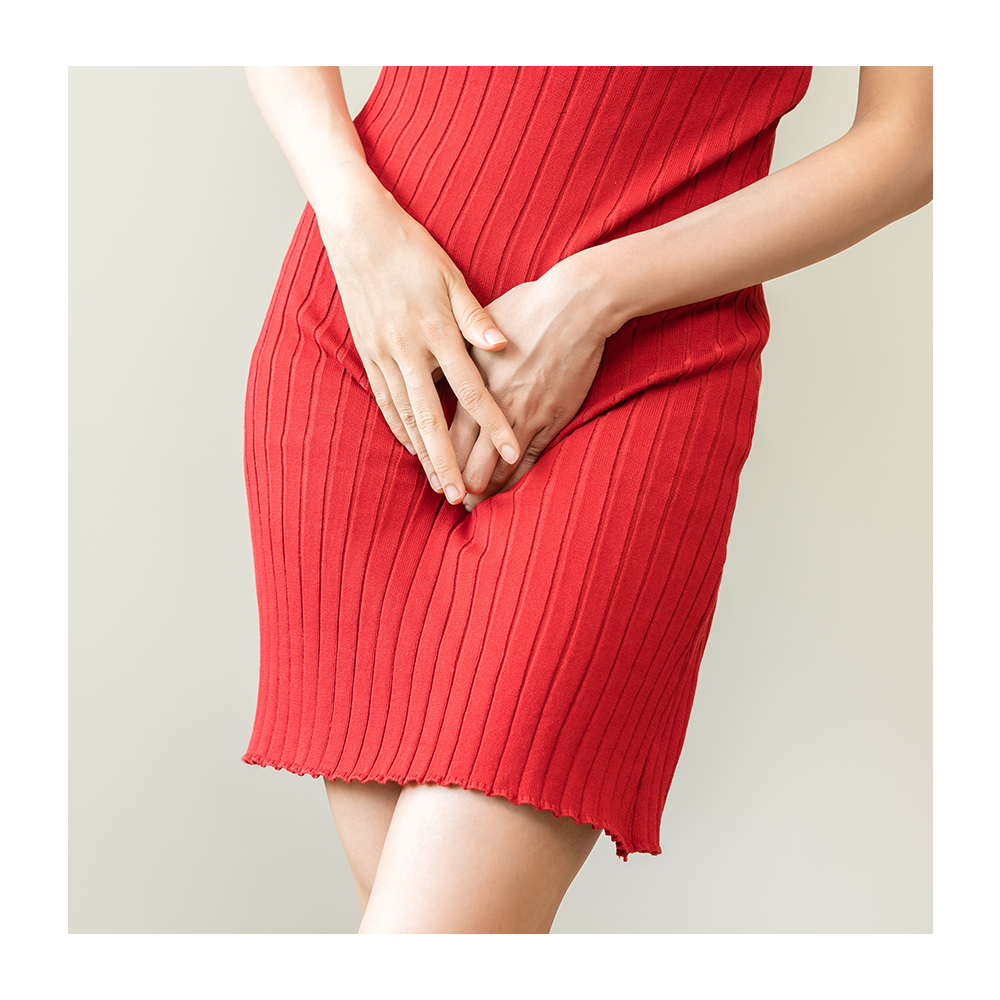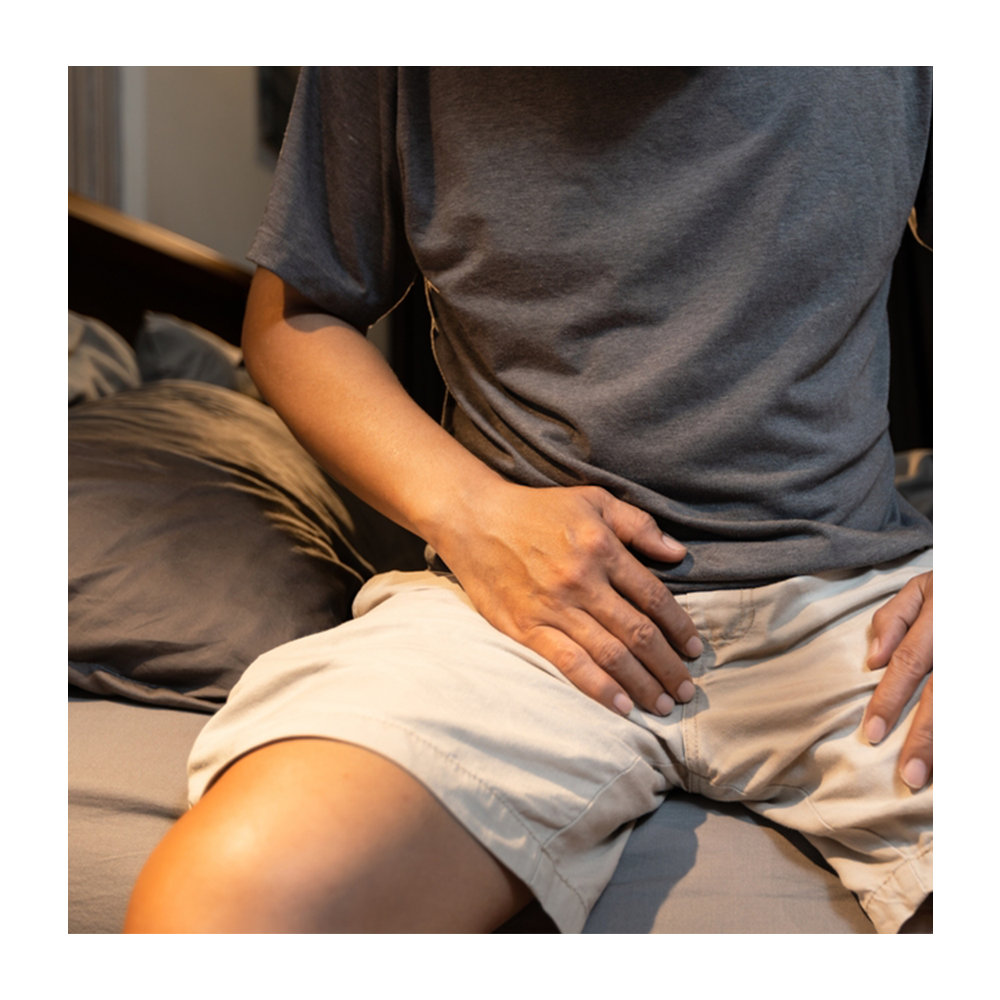24 June 2013
A very personal story on the effects of Diverticular Disease:
A recent article in
Bladder and Bowel Foundation regarding the role (or not) of fibre in diverticular disease took me back to a difficult time.
I was mid-forties when I was at a conference and during the night experienced extreme pain in the lower left of my stomach. Spend a lot of time in the loo and ended up on the floor for some hours before it subsided a little and I managed to get the phone and ask the hotel to call a doctor. The doctor admitted me to hospital immediately saying – it could be one of 5 things but it won't be the 5th as you are too young for diverticular disease.
A few hours later a scan showed a swelling the size of a grapefruit (apparently) in the bowel – it responded to antibiotics and I was released from the hospital with the words "most likely a one off" ringing in my ears. After recurring episodes and shorter periods in between it was determined via a colonoscopy that there was evidence of diverticular in a small part of the bowel and the best thing would be to have that part of the bowel removed. The surgery was scheduled and with the "in less than 1% of cases we find that we may need to fit a bag", which quite frankly I blanked out completely, I went into hospital for a scheduled op.
With apologies for another fruit metaphor – it all went pear shaped. The bowel had actually perforated; I did not clot fast enough and lost a lot of blood. No one could work out how I had still been able to walk into the hospital. I came round to the registrar telling me softly on one ear that I was in the 1% and they had had to fit an ileostomy. I had heard of colostomy but not ileostomy. I felt utterly devastated and even hearing that in all likelihood it would be reversed in a few months did not help. After all if I ended up in the 1% club the first time who was to say it would not happen again.
I was told that, in the circumstances I had experienced, the mortality rate is 50% - I had to check that still being around to hear this meant that I was already in the fortunately 50% ! Do they still not teach doctors how to communicate with real people? The fact that the doctors were quite visibly shocked and talked about "should have scheduled you earlier" did not help me come to terms with the situation.
I went back to work part time after three months but resigned soon afterwards – I was simply not up to it and complicated family arrangements meant I was living away from home during the week. I learned that it is possible to live with an ileostomy and to work through the process with the stoma nurses who kindly but forcibly get you to take responsibility for your own care. It is hard. Almost harder because once you have a system working you forget then realise in the middle of a meeting that you have not emptied the bag – I never had an incident in public but my heart goes out to people who do. And don't get me started on the need for more clean accessible toilets. One helpful information leaflet recommended carrying a bit of carpet for kneeling on (it's easier for some people to kneel by the toilet to empty the bag – I certainly found it so) but carrying a bit of carpet around is somewhat heavy and restricting. I found small nappy changing mats were a good option – the incontinence small
disposable bed pads would be equally as good. Clothes were difficult because I needed extra room for the bag and as the stoma nurse raged about the site had been placed too high so that it was right where a waistband should sit – her views of surgeons who do not call for advice was colourful! If I had known about
adaptive clothing it would have been helpful.
On doing research I felt humbled by the extreme conditions many people are dealing with on a permanent basis. My situation seemed very hopeful in comparison. And indeed it turned out that way. I had a reversal operation which went perfectly. However no one really warned me that it would take a long time for the gut to settle down again. The gurgling and frankly vile breaking of wind is not something that anyone warns you about. I had assumed I would eat a light diet for a while then all would be normal but realistically it was a good couple of years. I ate cauliflower cheese for dinner one night and thought I was going to die!
But 5 years on from the first operation I am healthy and most of it is now a memory.
I found the opinions and attitudes of the doctors confusing – I had fabulous care - but while one consultant said the low fibre theories for diverticular had largely been disproved as a sole factor (see Bladder and Bowel Foundation Magazine August 2012), others were 100% clear that fibre is the answer to everything!
I am careful to ensure that I keep a high fibre content in my diet, I don't drink much alcohol and I try hard to build enough exercise into my life (still working on that one). I don't know if it is enough to ward off any future attacks but so far so good. Perhaps one thing that the health professionals could take on board is the emotional impact that any condition like this has – I know my confidence was very low and I felt depressed a lot of the time. I did not really fit in the "stoma" world because I had had a reversal but no one mentioned the type of incontinence products that might have given me more confidence while I was getting physically well again.
I have to say that while health professionals were kind and supportive there was no indication of where to go to get help with the psychological aspects and I wish someone had point me in the direction of Bladder & Bowel Foundation. I did not fit into the stoma world and some basic advice on managing the bowel through the transition or even knowing that specialised skincare products exist – my skin was dry and cracked from the constant washing and would have done better with skin wipes in incontinence product ranges.
I struggled for months with extreme tiredness and in spite of going for supervised gym sessions with a physio I found it took several years for me to feel as though it was all behind me. The medical profession has a tendency to decide that if all the physical issues are dealt with then it is case closed – not so.
I still experience pain around the operation sites – not enough to be worried about but enough to remind me not to take things for granted.






